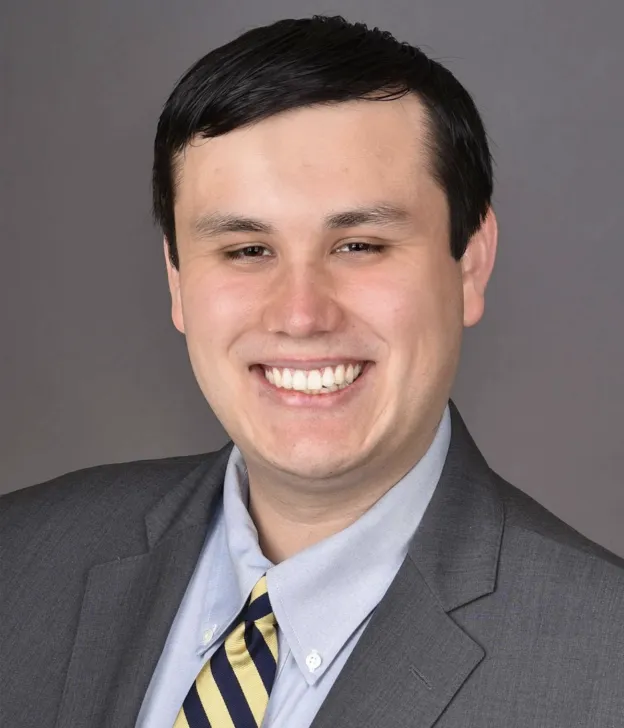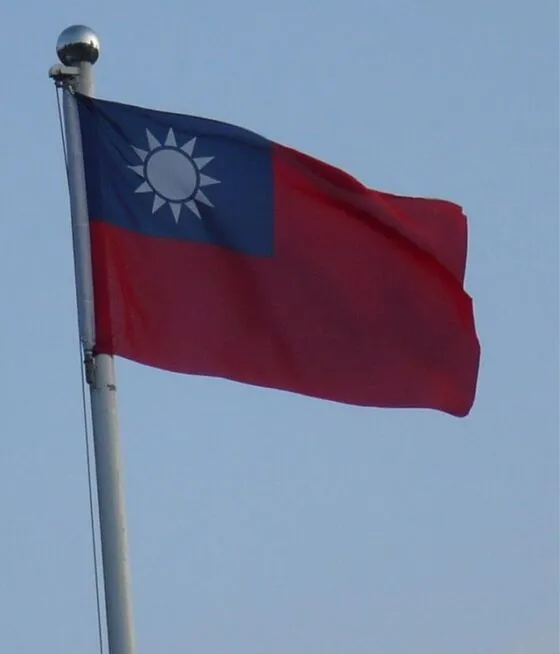
An interview with Sherman Tylawsky
JMC Resident Historian Elliott Drago sat down with JMC network member Sherman Tylawsky to discuss his work on conservatism, national security, podcasting, and Founding Father George Washington. Mr. Tylawsky is a doctoral candidate at the University of Alabama and the founder of the George Washington Institute.
ED: What inspired you to study political science?
ST: American history and current affairs have always been a fascination of mine since I was little. My upbringing really developed the roots for studying political science. As the son of an immigrant mother from Taiwan, I learned firsthand what America means for her and why the United States is the land of opportunity and freedom. I recall standing in the main hall of Ellis Island, where ancestors on my father’s side landed in America after fleeing from the Austro-Hungarian Empire.
Growing up, I also really enjoyed learning about the Founders and going to historic sites and museums with my parents. My thinking was that there had to be a strong connection between the founding principles of America and the blessings I have been given in my life. That is what sparked my interest in American history, and politics and current events.
I study political science at a doctoral level because it is one of the best opportunities to learn how to make sense of our politics today. Making the connections between academic research, history, and current events is what motivates me to research and teach politics. As a doctoral candidate, I have also become a better communicator of politics with many audiences and hope to continue building on those relevant skills.
The Geopolitics of Taiwan
ED: What is your area of specialty, and what sparked your interest in that topic?
ST: My area of interest is the combination of U.S. conservatism and political institutions. Currently, I am researching the American conservative movement’s policy attitudes on U.S.-China and U.S.-Taiwan issues. My background as an American of Taiwanese descent was certainly a reason to pursue this area, as I have developed interest in U.S. relations with Taiwan and East Asia broadly. With experience studying national security at Texas A&M University, I am also concerned about U.S. national security and the larger geopolitical implications and threats to our homeland. Understanding the conservative movement and its history with U.S. policy on China and Taiwan can help us understand how we have arrived at this point in time of our nation’s political history.

ED: Tell us a little bit about your podcast Friends & Fellow Citizens.

ST: The purpose of the podcast is to connect George Washington’s Farewell Address to our policymaking, institutions, and politics today. I read a book by John Avalon called Washington’s Farewell, which later inspired me to create a podcast that makes the 1796 speech relevant to today. We explore evidence of patriotism, faith, national unity, education, fiscal responsibility, and civility with a mix of interview and solo episodes. One of the best aspects of the show is the wide variety of guests. From military veterans to pageant titleholders, professors to Youtubers, there are so many different types of patriotic people who serve for others in countless ways. Having their stories told is something we value on Friends & Fellow Citizens.
ED: Which aspects of George Washington’s character best exemplify civic leadership?
ST: George Washington demonstrated an excellent sense of civic leadership and humility throughout his life. I truly believe he could have had anything he wanted as the first President of the United States with effectively no opposition. But he did not initially want to become president, and he decided to step down after two terms to set a remarkable precedent. His Farewell Address was a strong message to the American people about what to look out for and how he himself learned through his experiences as President.
Washington set many norms that established the office of the presidency and made the position one of national service and vision. Had someone else become the first president and not set those norms, I am doubtful the position or even the country would have survived.
ST: While Washington was not a perfect human being (as is anyone), I think all of us can learn what it means to be a leader and why having humility and commanding respect toward others are key virtues for civic leadership.
ED: What has your research taught you about America’s founding principles and history?
ST: My findings and education have taught me how many patriotic Americans have applied the founding principles for almost 250 years. Often, people may understandably feel those founding principles are only found in history and therefore lost in this day and age. However, learning and hearing from people nowadays who exemplify values of service, patriotism, civility, and others gives me hope for the future of the United States. Realizing founding principles is always a working process that needs to be improved with every generation of Americans. I find history teaches us how and why, despite numerous challenges, great Americans build on the progress of past generations to keep founding principles alive and stronger.
ED: What’s one thing you wish everyone knew about the American political tradition?
ST: American political tradition still has the element of public service within its DNA. Throughout my life so far, I have visited several countries, met many people from outside the U.S., and studied the politics of foreign countries. I still believe the only major country that harnesses much hope and power of civics and service is the United States.
America has encountered countless obstacles to upholding values of democracy and republicanism. But Americans should also celebrate the political tradition built on ideas of public service as well. I believe keeping that political tradition alive and well for years to come will be instrumental to continuing the American experiment.
Elliott Drago serves as the JMC’s Resident Historian and Editorial Manager. He is a historian of American history and the author of Street Diplomacy: The Politics of Slavery and Freedom in Philadelphia, 1820-1850 (Johns-Hopkins University Press, 2022).
